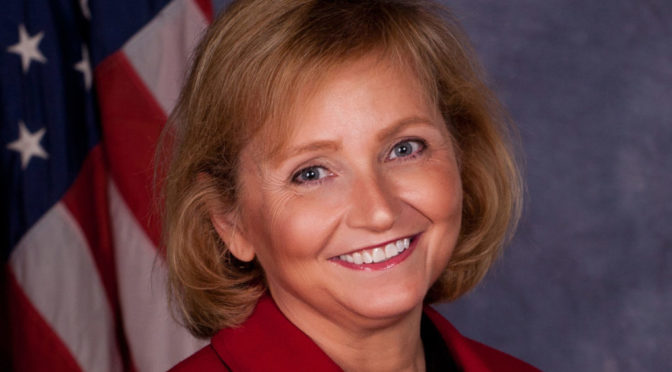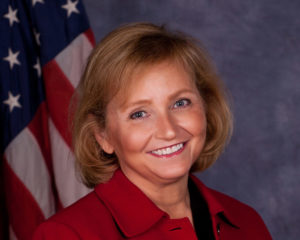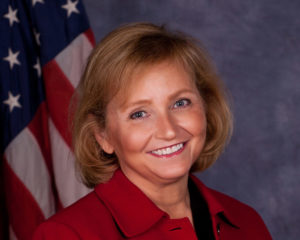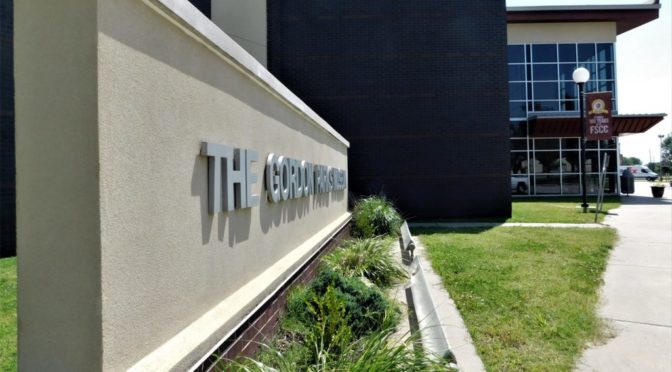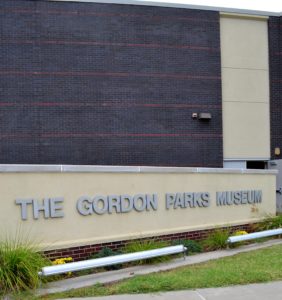Kansas KidWind Challenge kicks off this
week with a record number of teams
TOPEKA – Just as the amount of wind energy being produced in the state is growing, so are the number of students participating in the Kansas KidWind Challenge. The annual event has grown from one regional challenge in 2016 to six regional events in 2022. This year’s competition promises to be bigger than ever with 96 teams from 55 schools competing compared to 56 teams from 26 schools last year.
The 2023 KidWind Challenge begins this week with two regional competitions in western Kansas. The first will be held in Dodge City on Tuesday at USD 443 Dodge City Public Schools and the second in Oakley on Thursday at the Northwest Kansas Educational Service Center. Both events begin at 9 a.m.
Four more regional events will be held in Overland Park, Hutchinson, Manhattan and Burlington before the top two teams in each age group advance to the state finals scheduled for March 25 in Topeka. The state winners will then advance to the national competition to be held May 14-17 in Boulder, Colorado. Three Kansas teams earned national titles at the 2022 national event. A complete schedule of KidWind events is available on the KCC website at https://kcc.ks.gov/energy-
To participate in the KidWind Challenge, student teams work together to design, build and test a wind turbine using the materials of their choice. Each team’s turbine is put to the test in a wind tunnel. Scoring is based on turbine performance, a knowledge quiz, a presentation to judges where the team explains its design process, and an instant challenge. Students in grades 4-12 are eligible to participate.
KidWind is an Energy Education Event from the Kansas Corporation Commission and K-State Engineering Extension made possible by a grant from the U.S. Department of Energy.
Media note: Members of the media are invited to attend any of the KidWind events. Please let us know if we can help with participant information or to set-up interviews with students or coaches.
###

